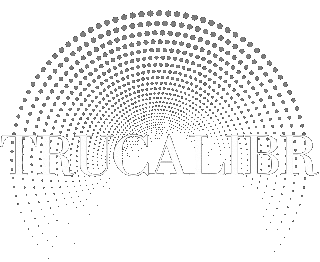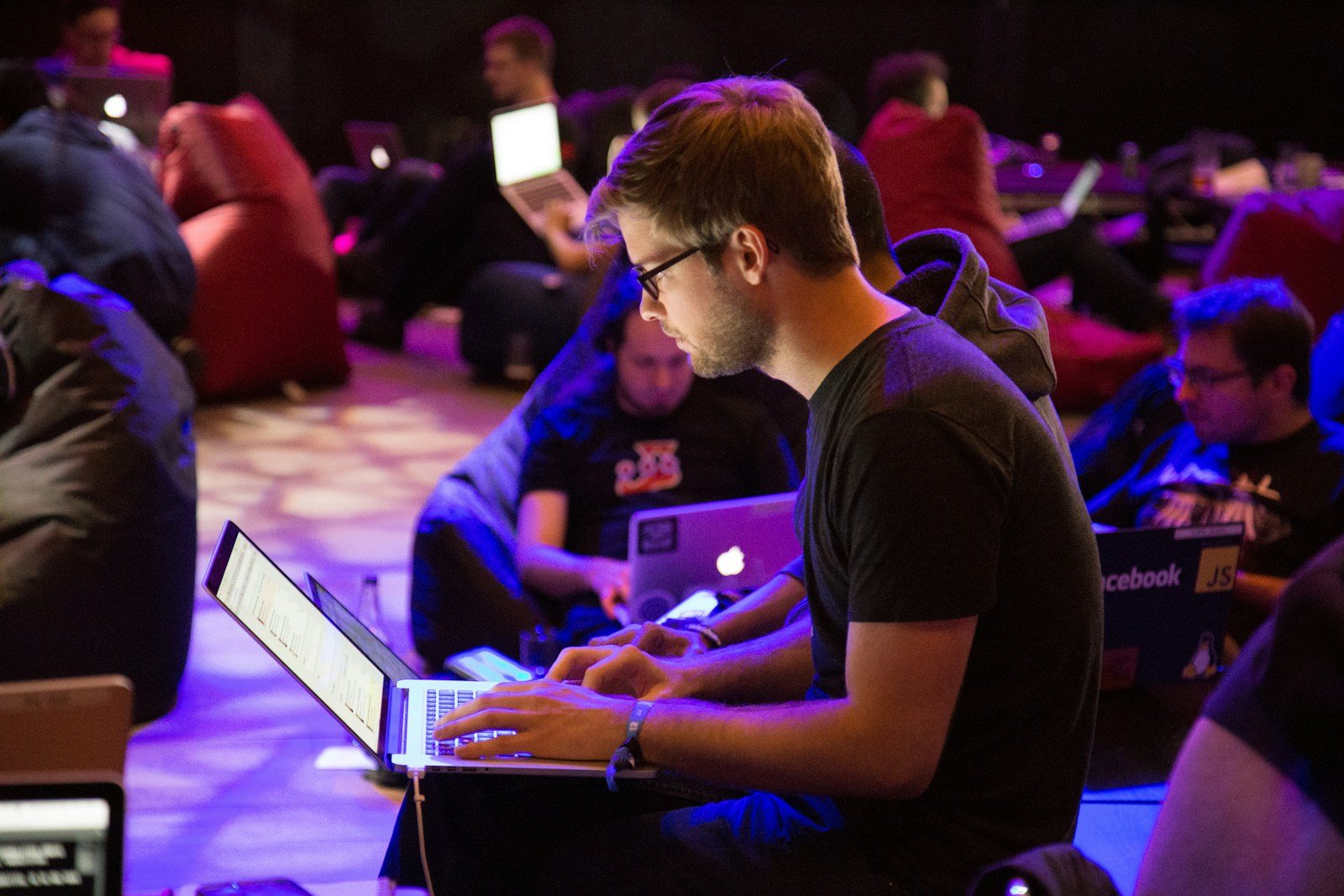Does constant connectivity harm our ability to focus?
Constant connectivity through technology can indeed harm our ability to focus. With notifications buzzing, emails pinging, and social media beckoning, our attention is constantly fragmented. This leads to a decrease in productivity and an inability to engage deeply with tasks. Studies have shown that even the mere presence of smartphones can impair cognitive functioning and reduce attention span.
Moreover, the habit of multitasking, often encouraged by technology, can further exacerbate this issue. When we switch rapidly between tasks, our brains struggle to maintain focus, resulting in decreased overall efficiency and increased stress levels.
To combat this, it’s essential to carve out dedicated periods of time for focused work without distractions. This may involve setting boundaries with technology, such as turning off notifications or implementing designated “tech-free” hours.
How does excessive screen time affect our mental well-being?
Excessive screen time can have detrimental effects on our mental well-being. Prolonged exposure to screens, whether from smartphones, computers, or televisions, has been linked to various negative outcomes, including increased rates of anxiety, depression, and sleep disturbances.
One reason for this is the impact of blue light emitted by screens on our circadian rhythm. Exposure to blue light, especially in the evening, can disrupt the production of melatonin, the hormone responsible for regulating sleep-wake cycles, leading to difficulties falling asleep and poor sleep quality.
Beyond the physiological effects, excessive screen time can also contribute to feelings of isolation and loneliness, particularly when it replaces face-to-face social interaction. This can have profound implications for mental health, as human connection is essential for emotional well-being.
To mitigate these effects, it’s important to practice digital detoxes regularly, setting aside time to engage in offline activities that promote relaxation and social connection.
What role does technology play in increasing stress levels?
Technology can play a significant role in increasing stress levels due to several factors. Firstly, the constant barrage of information and notifications can create a sense of overwhelm, leading to heightened anxiety levels. The pressure to constantly stay connected and responsive can leave individuals feeling perpetually on edge.
Additionally, the phenomenon of “technostress” has emerged as a result of our reliance on technology for work and communication. Technostress refers to the stress caused by the inability to cope with the demands of technology, such as overwhelming amounts of emails or complex digital interfaces.
Furthermore, the pervasive nature of social media can contribute to stress by fostering comparisons and feelings of inadequacy. Constantly seeing curated versions of others’ lives can lead to unrealistic expectations and a distorted sense of reality.
To alleviate stress related to technology, it’s important to establish healthy boundaries and practices, such as limiting screen time, practicing mindfulness, and engaging in activities that promote relaxation and stress relief.
How does digital overload impact our creativity?
Digital overload can significantly impact our creativity by inundating our minds with constant stimulation and information overload. When our brains are constantly bombarded with emails, social media updates, and other digital distractions, there’s little room for quiet contemplation and creative thinking.
Creativity often flourishes in moments of solitude and reflection, yet these moments are increasingly rare in today’s hyper-connected world. Without adequate downtime to let our minds wander and make unexpected connections, our creative abilities can become stifled.
Moreover, the instant gratification culture fostered by technology can discourage the patience and persistence required for deep creative work. Instead of embracing the discomfort of uncertainty and ambiguity, individuals may opt for quick fixes and surface-level solutions.
To reclaim our creativity in the digital age, it’s crucial to carve out intentional periods of offline time for reflection, exploration, and experimentation. By disconnecting from digital distractions, we create space for our minds to wander freely and generate innovative ideas.
How does constant connectivity affect our relationships?
Constant connectivity can have both positive and negative effects on our relationships. On one hand, technology provides unprecedented opportunities for staying connected with loved ones, regardless of geographical distance. Platforms like social media and video calling enable us to maintain regular communication and share moments of our lives with others.
However, excessive reliance on technology for communication can also erode the quality of our relationships. When interactions are mediated through screens, important elements of communication, such as body language and tone of voice, can be lost. Which will lead to misunderstandings and misinterpretations.
Moreover, the constant distractions of technology can detract from the quality of our face-to-face interactions. Instead of being fully present with our loved ones, we may find ourselves distracted by notifications and the urge to check our devices.
To cultivate healthier relationships in the digital age, it’s important to strike a balance between online and offline communication. This may involve setting boundaries around technology use during quality time with loved ones and prioritizing face-to-face interactions whenever possible.
How does unplugging from technology benefit our physical health?
Unplugging from technology can offer numerous benefits for our physical health. One of the most significant ways in which it can benefit us is by reducing sedentary behavior. Many technological activities, such as working on computers or watching television, involve long periods of sitting, which is associated with various health risks, including obesity, cardiovascular disease, and musculoskeletal problems.
Beyond reducing sedentary behavior, unplugging from technology can also promote physical activity and outdoor engagement. When we’re not glued to screens, we’re more likely to engage in activities like walking, hiking, or playing sports. These have numerous health benefits, including improved cardiovascular health, enhanced mood, and reduced stress levels.
Furthermore, unplugging from technology can improve sleep quality, as exposure to screens, particularly before bedtime, can disrupt our circadian rhythms and interfere with the production of melatonin, the hormone responsible for regulating sleep-wake cycles.
To harness the physical health benefits of unplugging from technology, it’s important to prioritize activities that promote movement, outdoor engagement, and restful sleep.

How does technology affect our ability to be present in the moment?
Technology can significantly affect our ability to be present in the moment by constantly pulling our attention away from the here and now. With smartphones buzzing with notifications, emails demanding immediate responses, and social media feeds constantly refreshing, it’s easy to
become caught up in a cycle of distraction and disconnection from the present moment.
Moreover, the phenomenon of “phubbing” (phone snubbing), where individuals prioritize their smartphones over face-to-face interactions, has become increasingly common. This behavior not only undermines the quality of our relationships but also prevents us from fully engaging with the people and experiences around us.
Additionally, the habit of documenting every moment through photos and videos, often for the purpose of sharing on social media, can detract from our ability to fully experience and appreciate the present moment. Instead of being fully immersed in our experiences, we may view them through the lens of our smartphones, constantly seeking validation and approval from others.
To reclaim our presence in the moment, it’s important to cultivate mindfulness practices that help us anchor our attention to the present. This may involve setting boundaries with technology, practicing deep breathing exercises, and engaging in activities that promote presence and awareness.
How does technology impact our ability to relax and unwind?
Technology can have a significant impact on our ability to relax and unwind, often hindering rather than facilitating these processes. While technology offers numerous forms of entertainment and distraction, such as streaming services, social media, and online gaming, these activities can sometimes contribute to heightened stress levels rather than alleviating them.
One way in which technology impedes relaxation is by stimulating the brain and disrupting our natural rhythms, making it difficult to wind down and fall asleep. The blue light emitted by screens, in particular, can interfere with the production of melatonin, the hormone responsible for regulating sleep-wake cycles, leading to difficulties in achieving restful sleep.
Furthermore, the constant connectivity afforded by technology means that we’re often expected to be reachable and responsive at all times, even during periods of relaxation. This can prevent us from fully disconnecting and immersing ourselves in leisure activities that promote relaxation and rejuvenation.
To enhance our ability to relax and unwind, it’s essential to establish boundaries with technology and prioritize activities that promote rest and restoration, such as spending time in nature, practicing mindfulness, and engaging in hobbies and interests unrelated to screens.
How does technology impact our overall well-being and happiness?
Technology can have a complex and multifaceted impact on our overall well-being and happiness. On one hand, it offers numerous benefits, such as facilitating communication, increasing access to information, and enhancing productivity and efficiency.
However, the pervasive nature of technology in modern life also presents challenges that can undermine our well-being and happiness. Excessive screen time, constant connectivity, and information overload can contribute to feelings of stress, anxiety, and overwhelm.
Moreover, the rise of social media has brought about new forms of social comparison and validation-seeking behaviors, which can negatively impact self-esteem and mental health.
Despite these challenges, technology also presents opportunities for enhancing well-being and happiness when used mindfully and intentionally. By establishing healthy boundaries, practicing digital detoxes, and prioritizing offline experiences and human connections, we can mitigate the negative effects of technology and cultivate a more balanced and fulfilling life.
How can we strike a balance between leveraging technology for its benefits while minimizing its negative impacts?
Striking a balance between leveraging technology for its benefits while minimizing its negative impacts requires a mindful and intentional approach to our digital consumption habits. One strategy is to practice digital minimalism, which involves decluttering our digital lives by eliminating non-essential apps, subscriptions, and notifications.
Additionally, setting boundaries around technology use, such as implementing designated “tech-free” hours or zones, can help create space for offline activities and human connections.
Moreover, cultivating awareness of our digital habits and their effects on our well-being can empower us to make more conscious choices about when and how we engage with technology.
Finally, prioritizing activities that promote well-being and fulfillment outside of the digital realm, such as spending time in nature, pursuing hobbies and interests, and nurturing meaningful relationships, can help counterbalance the negative impacts of technology and contribute to a more balanced and fulfilling life.







